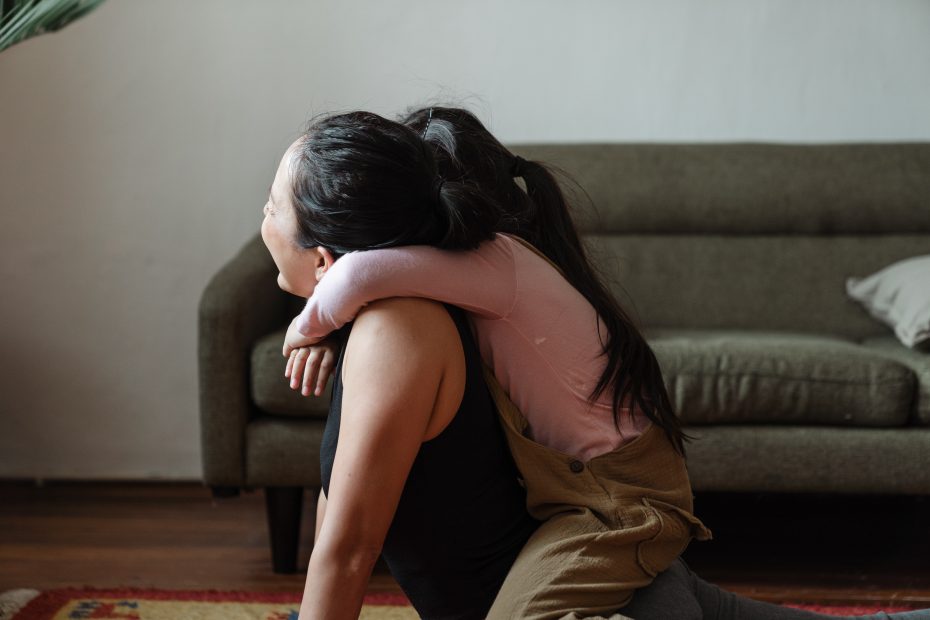About International child abductions
International child abduction occurs when one parent takes or keeps the child abroad without the consent of the other parent. In this situation, both young people and their families are under a lot of stress. Aside from the family conflict, separation from the parent, relatives or friends, (re)integration in a new environment or being excluded from significant decisions, children need to also confront the justice system and different professionals working on their case.
Research found that children feel a lack of understanding of the ongoing proceedings and their role within them. Hearings are not age-appropriate, there is no feedback on the actual results nor the impact of their views and opinions on court decisions[i]. They also point out, that their voice is not always considered, even if they are being heard in the legal proceedings. An undesired outcome for children leads to feelings of helplessness and anxiety. Due to the lack of clear communication and a limited understanding of the situation children abducted by one of their parents also feel that they are not trusted.
INCLUDE Project
The INCLUDE project aimed to enhance the participation and the wellbeing of children at all stages of an international child abduction: from the start of the case until the enforcement of court decisions.
The partners of the project – Missing Children Europe, University of Antwerp, Hope for Children (Cyprus) and Hintalovon Child Rights Foundation (Hungary) – created an overview of the legal frameworks on child abduction that exist in the European Union (and to some extent beyond) and the literature on the topic, with a focus on legal literature and documents. The results are available on the project’s website in the form of country reports – Belgium, Hungary and Cyprus.
For the project participation and engagement of children, who were the main actors of the project, the partners developed methodological guidelines and conducted several focus groups and drama workshops with children and young people. The focus groups helped explore the actual views of youngsters in Belgium, Cyprus and Hungary as to how children and young people in international child abduction proceedings should receive support from judges, professionals and other adults.
Research carried out in partnership with children and young people as part of the INCLUDE project[ii] enabled partners to identify their needs in terms of participation in procedures related to international parental abductions.
During workshops with a total of 44 children and young people aged 10 to 17 years old from Hungary, Cyprus and Belgium, researchers established that adults’ decisions in matters of child abduction have a profound impact on affected children and young people. Mixed methods of drama workshops, involving young people as researchers in discussing the workshop outcomes and focus group discussions, were used to gather children and young people’s perspectives. The results provided the basis for a Guide to Good Practice – a guide for professionals which aims to enhance the wellbeing of children at all stages of an international child abduction.
The outcome of the research
Children and young people claim that they want to be involved, as having a say in matters that concern them positively affect their wellbeing[iii]. Attentive and genuine involvement allows children and young people to feel trusted and respected. At the same time, research shows that children may be hesitant to speak up in front of adults. This hesitation is more visible in front of authorities (e.g. judges) than in front of other unknown (e.g. psychologists) or familiar adults (e.g. teachers or family members).
For abducted children and young people to feel included, respected and taken seriously in decisions about their lives, adults should adopt a positive, confident and reassuring interaction style with children and young people.
The recommendations written in the guide focus on five areas of good practice: Interaction style, Information and dialogue, Relationships of trust and affection, Supporting adults and Rights-respecting return. Each of these categories focuses on the professionals’ approach towards the children they work with and includes several tips on how they can contribute to improving the wellbeing of children in the procedures. Each tip includes a rationale and explanation, which allows for a better understanding of the whole situation from the child’s perspective.
An additional outcome of the project, based on the work with children and their feedback, are the Policy recommendations[iv] on improving children’s wellbeing in abduction proceedings. The document focuses on recommendations such as trainings for professionals, awareness raising, the general subject of Children’s participation in legal proceedings, creating and maintaining cross border networks of professionals, support for families in conflict and continuous research.
“Only if I understand this person’s point of view, I’m inclined to follow the rules they set for me.” – Young person, Cyprus
Long term effects
The Guide to Good Practice will serve as a tool for professionals working with children and will help them change their approach to working with children and families. The guidance and research findings it contains are not mandatory and will undoubtedly need to be applied depending on the Member State and its legal system. Thanks to the availability in eight languages, a large group of professionals will have the chance to familiarise themselves with the content – the guide is available in English, Dutch, Greek, Hungarian, French, German, Spanish and Russian.
The project concluded that children and young people are more than supporting actors. Read and share the guide.
For more information visit https://missingchildreneurope.eu/include/
[i] https://missingchildreneurope.eu/?wpdmdl=2347
[ii] https://missingchildreneurope.eu/download/include-guide-to-good-practice/
[iii] Idem
[iv] https://missingchildreneurope.eu/download/policy-recommendations-include/
